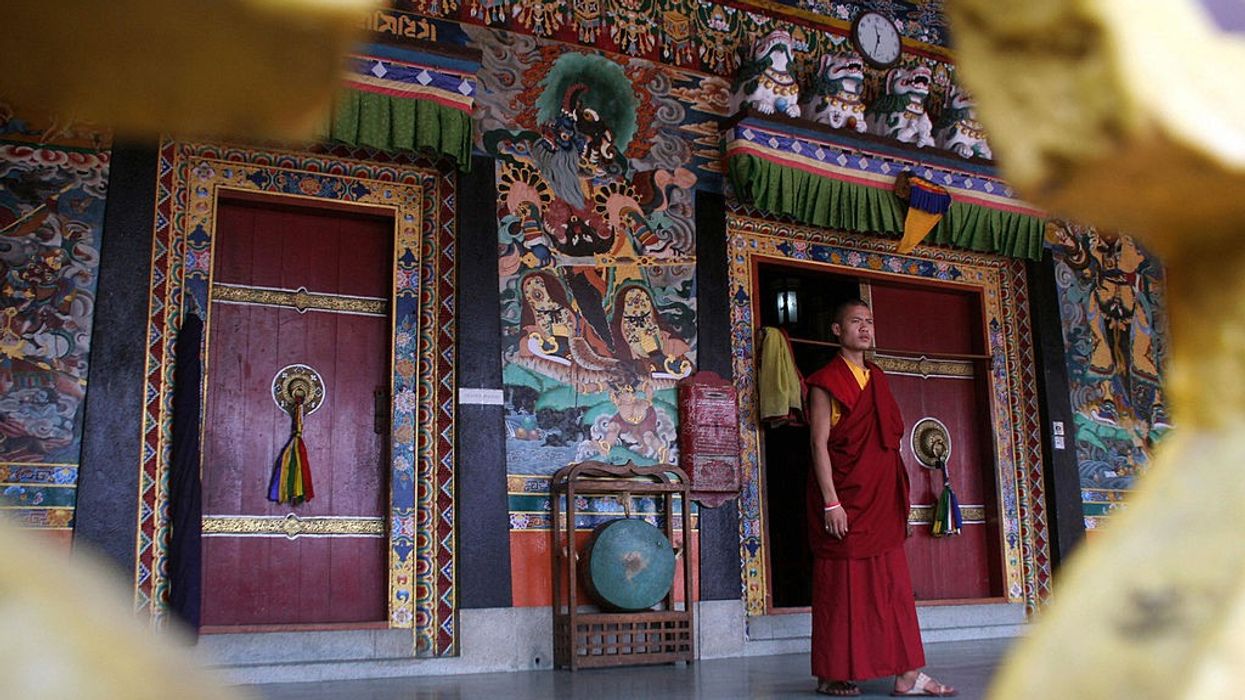HUNDREDS of monks have tested positive for Covid-19 in India's Buddhist monasteries in the north-east, where most of them are located.
More than 300 monks have tested positive for the virus in the Sikkim state, reported the BBC.
In the Gonjang monastery alone, 64 of the 85 monks were tested positive for the virus. It was found out after mass testing conducted in the monastery, the report added.
Now, many of the 200 monasteries in Sikkim are in lockdown.
According to the report, monks often study, eat, and live together, making it hard to contain an outbreak.
There are students from India, Nepal and Bhutan in these monasteries. More than 100 students have now tested positive for the virus, the BBC report said.
The state reported 25 new Covid-19 cases on Tuesday (22), surging the total number of cases to 19,321.
There are now 2,448 active cases in the state. So far, 16,329 persons have been discharged on recovery. The total death toll stood at 293, according to official statistics.
Last month, 37 Buddhist monks tested positive from Dharma Chakra Centre in Rumtek Monastery, a world heritage site, 30 kilometres away from Gangtok.
India reported on Tuesday 42,640 new Covid-19 infections over the past 24 hours, data from the health ministry showed.
The South Asian country's total Covid-19 caseload now stands at 29.98 million, while total fatalities are at 389,302, the data showed. India's coronavirus-related deaths rose by 1,167 overnight.





